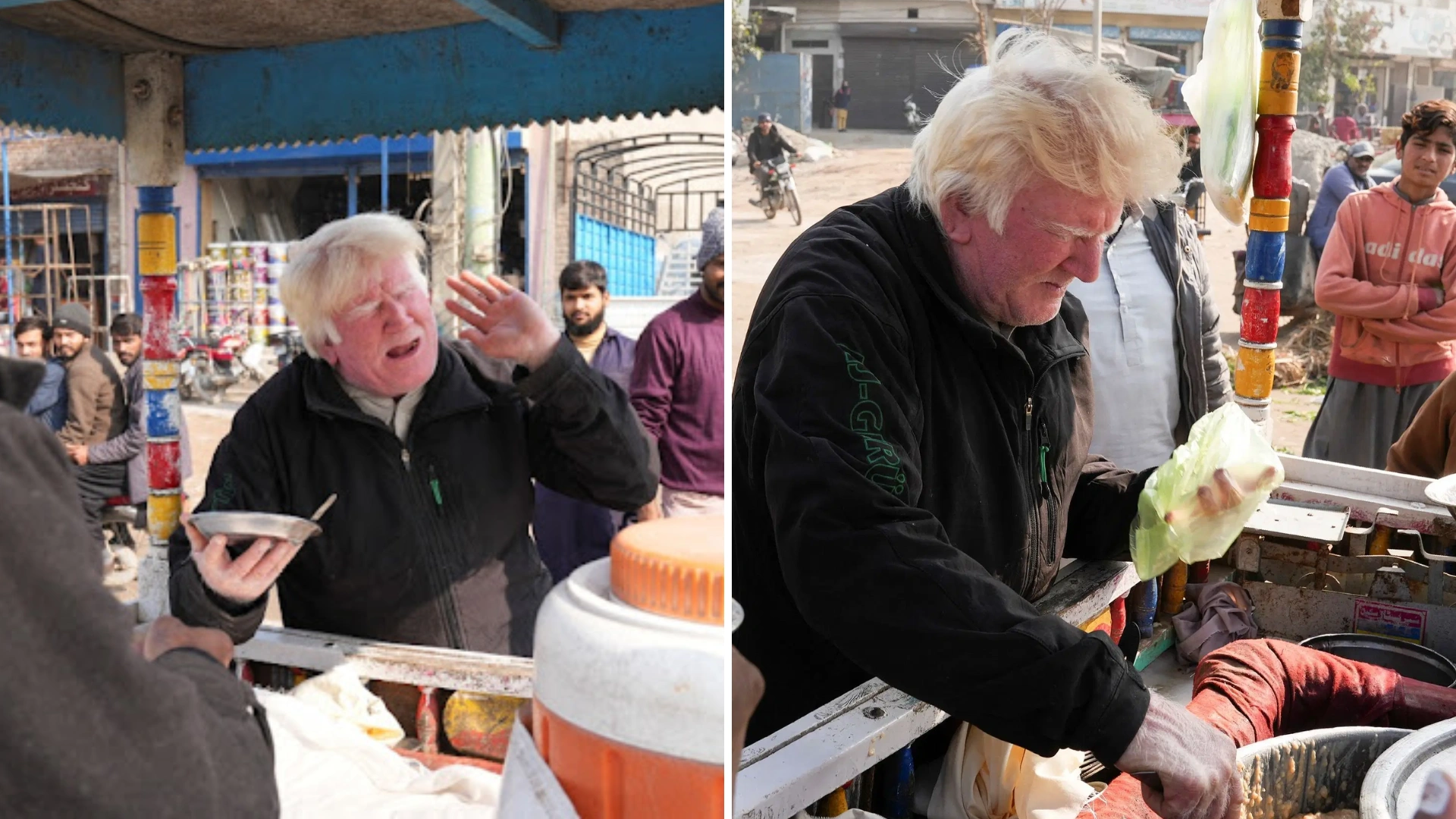In response to a critical dollar shortage, the Maldives has introduced stringent foreign currency regulations that limit the types of transactions permitted in foreign currency and impose mandatory exchange controls on tourism establishments and banks.
These measures come as the island nation grapples with economic repercussions following calls for Indian tourists to avoid the destination due to President Mohamed Muizzu’s controversial ‘India Out’ campaign last year.
Last month, the Maldives narrowly avoided a potential default on an Islamic bond payment, thanks to a USD 50 million interest-free loan extended by India. The financial support highlights the urgency of the situation, as the Maldives’ foreign exchange reserves have not kept pace with its import bill.
The Maldives Monetary Authority (MMA) responded on October 1 by implementing new regulations requiring all foreign currency income generated by the tourism sector to be deposited in local banks.
In August, the MMA had already placed a strict dollar limit in light of the ongoing currency shortage. The newly published rules are available in the local Dhivehi language, making them more accessible to the Maldivian public and businesses.
Key Provisions Of The Foreign Currency Regulation
The newly enacted Foreign Currency Regulation (Regulation No: 2024/R-91) mandates that all transactions within the Maldives must be conducted in Maldivian Rufiyaa (MVR), with exceptions granted only for certain transactions. Payments for goods and services, including fees, charges, rent, and wages, must be made in local currency. Invoicing for these transactions in foreign currency is strictly prohibited, as outlined in the new regulation and its accompanying FAQ released by the MMA.
Exempt transactions include those related to exports, international transactions, remittance services, and payments legally required to be settled in U.S. dollars. Notably, all sales proceeds from tourist resorts and guesthouses must be deposited into a foreign currency account at a licensed bank in the Maldives.
Furthermore, each tourist establishment operator must exchange a minimum of USD 500 to MVR for every tourist, utilizing a licensed bank for this process. The funds exchanged can then be used by the tourist operator for operational needs.
Penalties For Non-Compliance
Failure to adhere to these regulations can result in substantial fines ranging from MVR 5,000 to MVR 1 million, depending on the severity of the violation. The Maldives’ current debt stands at an alarming 110 percent of its gross domestic product (GDP). According to Fitch Ratings, total external debt obligations are projected to rise to USD 557 million by 2025 and reach USD 1 billion by 2026.
Meanwhile, Moody’s Ratings estimates that these obligations will fall between USD 600 million and USD 700 million in the same timeframe. The International Monetary Fund (IMF) has issued warnings about the potential for a debt crisis in the region.
Registration And Reporting Requirements
Under the new rules, tourism-related goods and service providers are required to register with the central bank within 30 days. The foreign currency earnings generated must be deposited into a local bank’s foreign currency account, registered with the MMA, within 87 days following the end of each month.
The regulation clearly states that transactions within the country are to be conducted in Maldivian Rufiyaa, with specific exemptions. Any unauthorized foreign currency transactions will incur fines ranging from MVR 10,000 to MVR 1 million. This marks a significant shift for the Maldives, which welcomed 1.8 million tourists last year, as it mandates such exchanges for the first time.
MUST READ | Trash War: North Korea Sends 20 Trash Balloons Toward South Korea


















